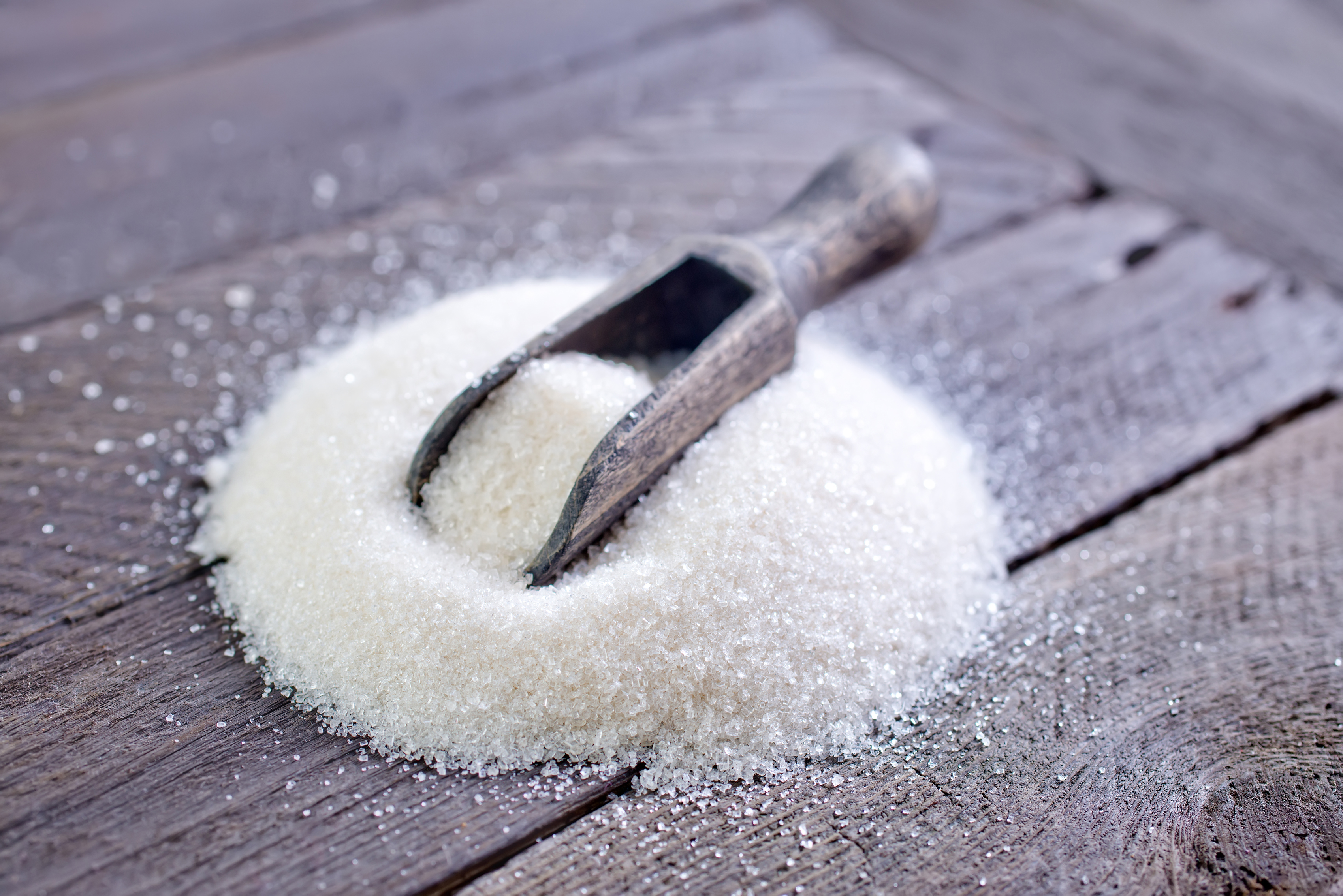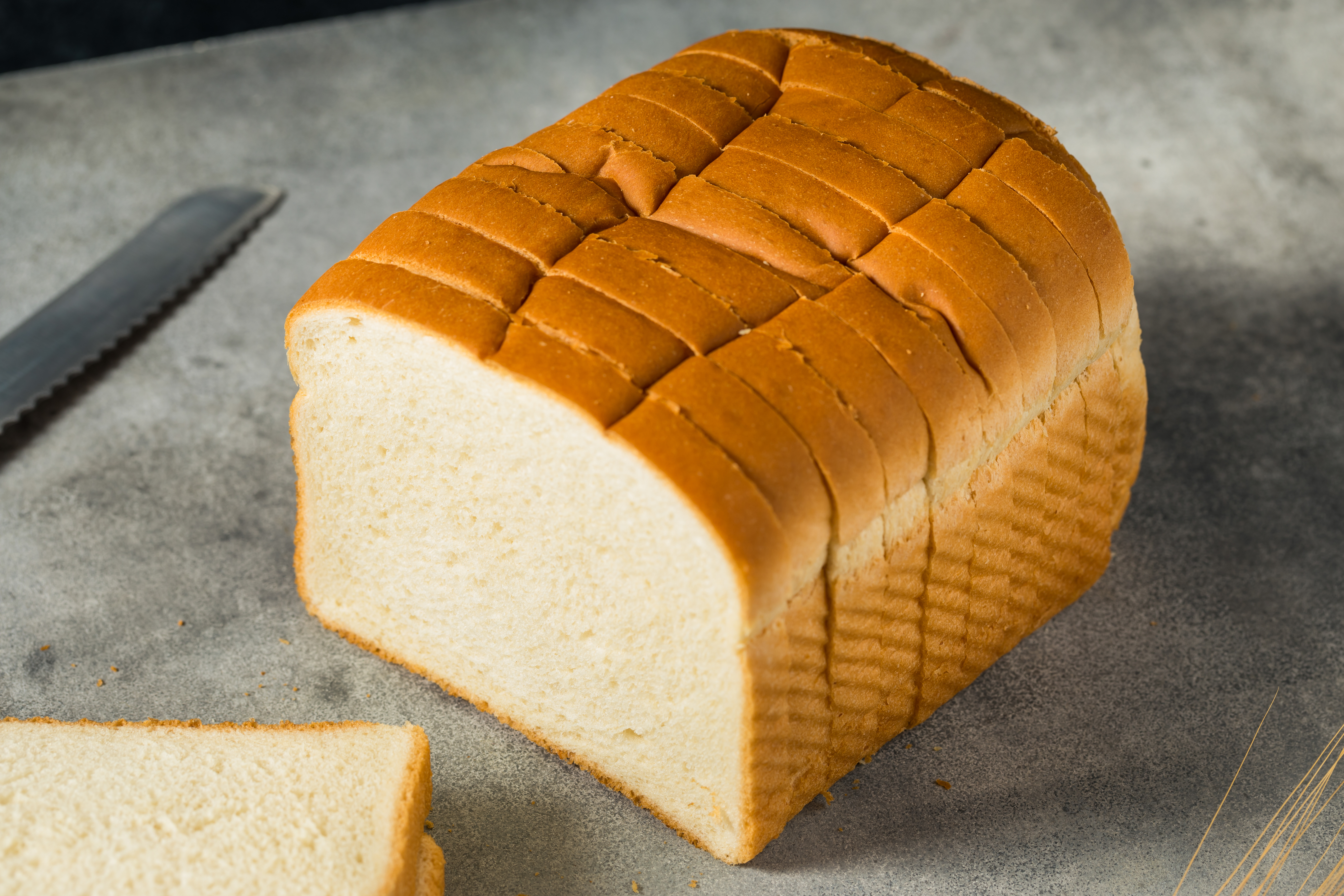Cholesterol Culprits: Foods Secretly Sabotaging Your Health Goals
In the quest for heart health, cholesterol often takes center stage. Many embark on dietary journeys with the goal of maintaining optimal cholesterol levels, diligently avoiding the usual suspects like red meat and fried foods. However, the path to heart health is riddled with unexpected culprits that can stealthily derail even the most well-intentioned efforts. These hidden saboteurs often masquerade as healthy choices, slipping under the radar and quietly influencing cholesterol levels without drawing attention. This article delves into 11 foods that may be secretly compromising your cholesterol goals, shining a light on these covert agents and empowering you with the knowledge needed to make informed dietary choices. Join us as we unmask these sneaky threats and explore practical strategies to keep your cholesterol levels on track.
1. The Sneaky Role of Sugar

Sugar, often associated with weight gain and diabetes, plays a less obvious role in cholesterol management. Consuming excess sugar can lead to increased levels of low-density lipoprotein (LDL) cholesterol and triglycerides, while simultaneously lowering high-density lipoprotein (HDL) cholesterol. This imbalance can contribute to the development of atherosclerosis, a condition characterized by the buildup of plaque in the arteries. The liver converts excess sugar into fat, which is then released into the bloodstream, potentially elevating cholesterol levels. Moreover, sugar-sweetened beverages and processed foods high in added sugars can exacerbate this effect. By understanding the impact of sugar on cholesterol, individuals can make more informed dietary choices, opting for natural sweeteners or reducing overall sugar intake to support heart health.
2. Refined Grains and Their Impact

Refined grains, such as white bread, white rice, and pasta, are often stripped of their natural fiber and nutrients during processing. This refinement results in a higher glycemic index, causing rapid spikes in blood sugar levels. These spikes can lead to insulin resistance, a condition that not only increases the risk of type 2 diabetes but also affects cholesterol metabolism. Insulin resistance can result in elevated levels of LDL cholesterol and triglycerides, contributing to cardiovascular risk. Opting for whole grains, which retain their fiber and nutrient content, can help stabilize blood sugar levels and support healthy cholesterol levels. By making simple swaps, such as choosing brown rice over white rice or whole-grain bread over white bread, individuals can make strides toward better heart health.
